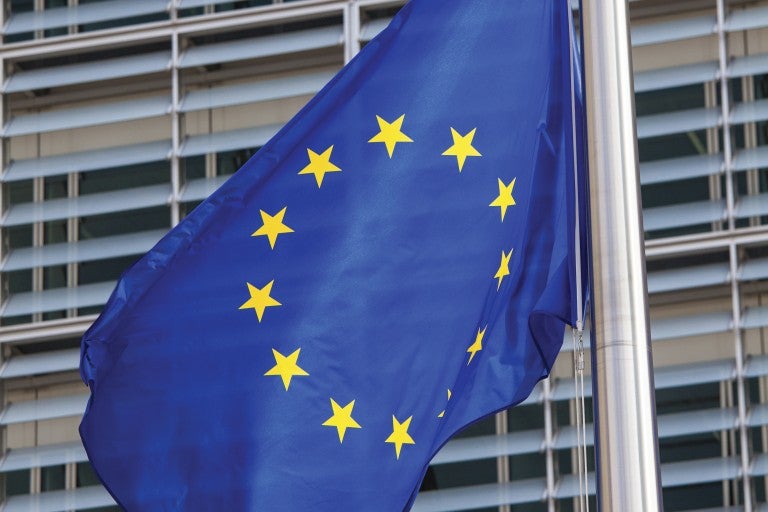January 6, 2021
Rather than in bloodshed and disgrace, the presidency of Donald J. Trump could have ended on a high note.
After years of sowing uncertainty about America’s commitment to global leadership, the Trump administration in its final months proved a powerful force for Middle East peace and cooperation, playing a key role in tripling the number of Arab states that have normalized relations with Israel – and advancing strategic cooperation among eastern Mediterranean democracies.
What history will surely highlight, however, is not the foreign policy achievements as President Trump neared the end of his term, but the grave dangers he posed to American democracy and the rule of law by his refusal to accept that end – culminating in the violence he provoked at the U.S. Capitol.
It didn’t have to be this way. The weeks since the President’s defeat on November 3 could have been filled with tributes to an unorthodox peacemaker, re-evaluations of the centrality of American leadership in global affairs, and reflections on the necessity of international cooperation in a public health crisis.
Instead, these weeks have been filled with dread about the prospect of a sudden military action undertaken more to advance domestic political rather than national security objectives; with the concoction and promulgation of conspiracy theories; with legal and legislative efforts in multiple states, nearly all of them baseless and dismissed, to nullify legally cast and counted votes; and with the promotion of plans to overturn in Congress the results of an election certified by the administration’s own election integrity and law enforcement officials as legitimate.
The assault on democratic norms and traditions has been relentless: first President-elect Biden being denied transition funds, then his advisers being denied access to the agencies they’ll soon be managing; the rollout of major regulatory changes and federal lands contracts in the final days of the administration – the very opposite of previous administrations’ stewardship in the interregnum before an inauguration; the slandering of every public official who dared publicly to challenge the President’s falsehoods.
The latest offenses – after spending two months seeking to convince America that he really had won an election he lost by some seven million votes – were his threats and arm-twisting directed at the Georgia Secretary of State last Saturday to “find” enough votes to change that state’s presidential outcome, and his promotion of a “wild” and ultimately violent rally in Washington, his third since Election Day, to coincide with and steal attention from the joint session of Congress called to certify the Electoral College vote.
America doesn’t deserve this. The scores of Republican members of Congress, though notably far from all, who continue to embrace the President’s claims of a stolen election – claims roundly rejected by Republican and Democratic election officials and state and federal judges across the land – jeopardize their honor and put at risk their oath to defend the constitution. A President duly elected and then duly defeated discredits his service by not only failing to acknowledge reality but by using every available platform to encourage his vast following to distrust the electoral process, undermining the American social contract.
It is time – actually, it is past time – to bring this dark chapter to an end.
Conducted amidst a pandemic that sickened America and the world, left hundreds of thousands dead, millions in mourning, and tens of millions in economic distress, the election of 2020 was an unprecedented ordeal. But it is over. Ballots were cast and counted – and recounted – and the Electoral College voted. Joe Biden won. Donald Trump lost. Now we must move on.
The challenges facing our country will not be resolved, will not even begin to be addressed, if the next two years or the next four years are consumed by political tribalism and demonization, if every line of communication is choked with accusation, if good faith is taken for naivete and cynicism for sagacity.
America’s two great parties offer different routes to fulfill a striving people’s aspirations – but their ultimate goals of opportunity, security, and justice for all are closely matched. Let us find ways to join forces to achieve those common goals.
Let 2021 be the year, after the tragedy and turmoil we’ve just endured, that America’s democratic principles are restored, its traditions of civil discourse affirmed, and its political leaders across party lines dedicated to healing and uniting a deeply scarred country.
Jason Isaacson is the Chief Policy and Political Affairs Officer of the nonpartisan American Jewish Committee (AJC).



